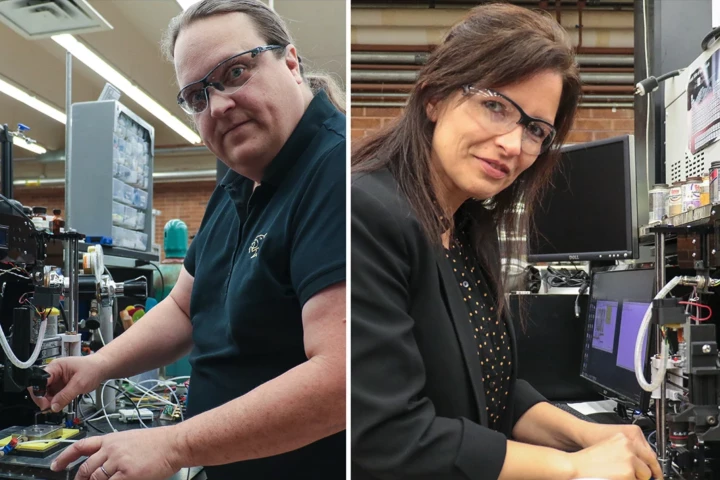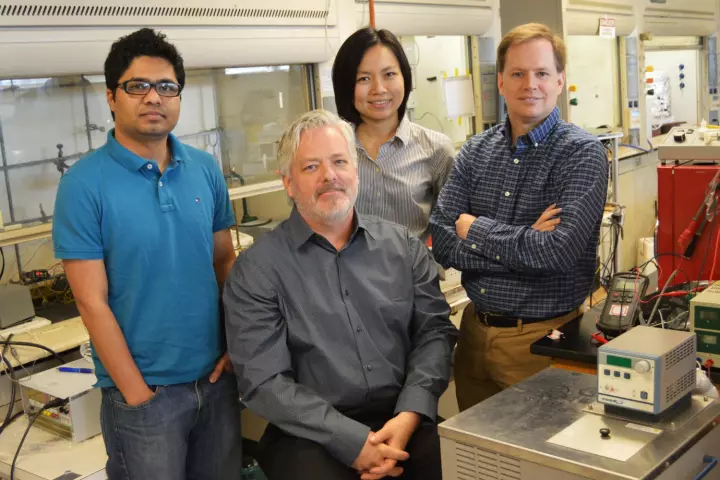hydrocarbon
-
Methane has a greenhouse effect 80 times worse than carbon dioxide over a 20-year period, and emissions are skyrocketing even as we start reducing CO2. That makes UCF's new hydrocarbon-capturing, sunlight-powered catalyst a very compelling idea.
-
With oceans of liquid methane, Saturn’s moon Titan is one of the most fascinating places in the solar system. To better understand this weird world, scientists recreated Titan’s alien oceans in the lab, producing new types of crystals that don’t occur naturally on Earth but may be common on Titan.
-
Plunging down to a depth of about 11,000 meters, the Mariana Trench is the deepest part of the ocean, so it’s no surprise that we don’t really know what’s down there. New species and strange sounds have turned up recently, and now researchers have discovered a new group of oil-eating bacteria.
-
Cleaning up oil spills is a dirty job, but somebody has to do it. That somebody might be the bacterium Alcanivorax borkumensis, which eats the hydrocarbons that make up oil. Researchers at INRS have isolated key enzymes that A. borkumensis uses, and put them to work cleaning soil samples in the lab.
-
Researchers have demonstrated a one-step conversion of carbon dioxide and water directly into a simple and inexpensive liquid hydrocarbon fuel using a combination of high-intensity light, concentrated heat, and high pressure.
-
Audi is making a new fuel for internal combustion engines that has the potential to make a big dent when it comes to climate change – that's because the synthetic diesel is made from just water and carbon dioxide.
-
CSIRO Australia and its industry partner, Ziltek, have released their self-contained, hand-held hydrocarbon contamination testing device to the US market. Billed as a world first, the RemScam is capable of testing many hundred samples a day, providing data on the spot, within seconds.






